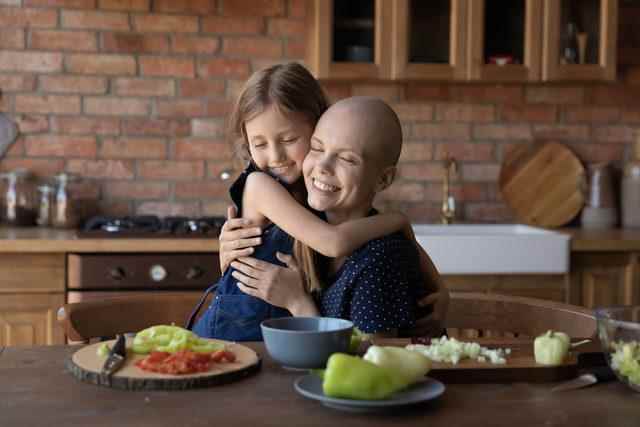Aversion to certain foods can be an alarming early sign of cancer. During cancer treatment, people may not want to eat because some foods and beverages taste different. However, according to new findings, the disease itself can cause food aversion. Studies have shown that people with certain types of cancer are reluctant to eat four foods and experience taste changes.
THOUSANDS OF PATIENTS STUDYED
According to Cancer Net, bitter, sweet, or salty foods may taste different than before during cancer treatment. Cancer.Net: “Taste changes can lead to loss of appetite and weight loss. It can cause a strong dislike for certain foods, also called food aversion. According to early research by Doctor Thurstan Brewin, which focuses closely on alcohol intolerance and altered tastes in cancer patients, aversion to various It can be a symptom of certain types of cancer.”
The researcher came to the finding after conducting extensive research involving detailed inquiries from thousands of patients. A report published in the journal Clinical Radiology highlighted the frequent food aversions seen in a quarter of the patients studied.
He noted: “For two men with lung cancer, it was the sausages that became tasteless (one said two years before diagnosis, the other three years.) One commented that the taste was different, the other commented that the spice was too much. A woman diagnosed with cervical cancer did not want to eat eggs. But the normal taste of the eggs returned months after the treatment. A person with lung cancer did not want to eat cheese even though he liked it very much,” said Dr. Brewin.
EVERYTHING IS BACK TO NORMAL AFTER RADIOTHERAPY
Dr. Brewin stated that patients’ interest in these foods returned after the radiotherapy process ended. He added that a 44-year-old man, who said that eating cheese was like eating gum, also recovered from his symptoms after receiving treatment.
THE MOST REluctant AGAINST TEA
During the study, the most frequently reported situation was related to tea. Patients with cancer lost their desire for tea the most.

The American Cancer Society explains that taste changes are usually caused by tumors growing in the head and neck area. It is extremely important to seek prompt treatment, as changes in taste perception can eventually lead to malnutrition.
SYMPTOMS MUST BE INCLUDED
In a report published in the journal Frontiers in Physiology in 2017, researchers highlighted the need to recognize taste changes as a sign of cancer. In the journal: “Changes in taste perception are particularly important in diseases such as cancer, which is one of the main causes of morbidity and mortality worldwide. Altered taste perception in cancer subjects is often overlooked by clinicians because this aspect does not represent a life-threatening event.” Wrote.

IT IS ONE OF THE MOST COMMON SYMPTOMS IN CANCER
The scientists stressed that the change in taste could be a “worrying early sign” of tumor cell invasion in patients. In patients with advanced cancer, the most bothersome symptoms are gastrointestinal abnormalities, while taste change is the fourth most common symptom after dry mouth, weight loss, and early satiety.
